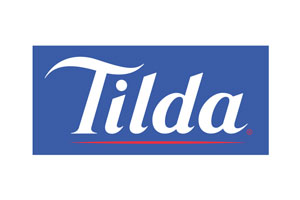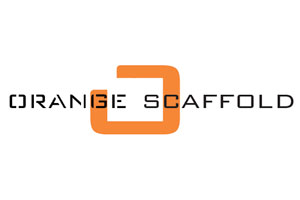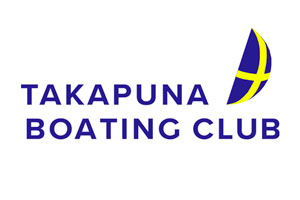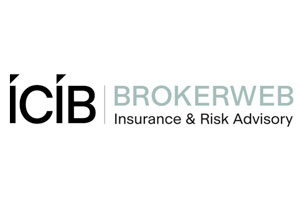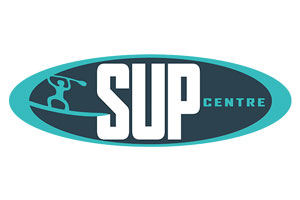How to become a SUP instructor in New Zealand
If you want to teach your friends to paddleboard, then as long as you’ve got a reasonable understanding of weather and water conditions so you can pick the right conditions for a session, and you’ve got some spare gear and plenty of patience, then – go for it! As long as you’re only teaching friends and family who you know already and will (hopefully!) have a bit of trust and confidence in your skills, and you’re not getting paid in any way for it, then you’ll no doubt do a great job sharing your love of the sport and everyone will have a great time.
HOWEVER!
If you want to teach SUP as a commercial proposition, ie for reward (ie money, favours, koha, whatever), then it becomes a completely different game, covered by a whole lot of major legislation and with significant consequences for you if something goes wrong. And ‘going wrong’ doesn’t just refer to accident or injury to your clients, but also anyone else within your operating area.
The SUP instructor operating for reward requires:
- A detailed understanding of the legal requirements around what they are doing,
- A detailed understanding of the safety requirements and considerations for running a session
- A detailed understanding of equipment (to ensure clients they are on the right gear for their own requirements)
- A detailed understanding of weather and water conditions (to ensure conditions are appropriate and safe for a session)
- Knowledge of rescue techniques
- First aid training
- A detailed understanding of how to instruct SUP (so that clients go away satisfied and recommend your skills to others!)
Working with children includes further legal requirements and issues.
An instructor planning on doing anything that has a risk of potential harm to the client (ie going any significant distance offshore, or backcountry, or into more challenging conditions) has further significant legal requirements to consider.
In other words, there is a lot more to doing SUP instruction as a business, than simply going out paddleboarding with people! The knowledge and processes required are all perfectly achievable – there are dozens of great SUP schools and instructors in operation around the country coping just fine with the legal requirements. However, it’s important to appreciate that there is going to be some learning and work required on your part before you can start teaching SUP for reward.
If you are already running an outdoor / watersports operation, and/or have other Outdoor Instruction qualifications, then you will be familiar with the legislative and procedural requirements in this environment, so adding SUP to your existing activities should not be a major hurdle. However, there is still plenty to learn in terms of best practice for teaching SUP, and understanding the specific safety issues regarding SUP. It should NOT be thought of as an easy option; something that can be just bolted on to existing surf or kayak programmes.
So where can I get the training?
There are a large number of SUP instruction courses available around the world. Most are two days long and attempt to cover most (or even all) aspects of SUP teaching in that time, including all the safety and management aspects.
The SUP instructor course available in NZ up until recently has been of similar format, based loosely on the ISA course syllabus but with a lot of extra information included, particularly with regard to the specific legal requirements we have here. However, the intensive two-day format is very flawed as it results in a heavy ‘information overload’ scenario, and actually gives participants very little hands-on practice at instruction.
NZSUP has moved away from that style of instructor training, to a much more user-friendly and efficient online-based model, with course containing the following:
- Distance Learning modules
- Ongoing learning requirements and work-ons
- A practical session and assessment (either in person or by submitting a video)
The courses are designed to equip you with the knowledge that you need to teach SUP, in an easily digestable way and at an affordable price. They are not a certification of competency as that is not a legal requirement to teach paddleboarding in New Zealand, and an NZQA-regulated instructor course would realistically need to cost 5-10x as much and involve a whole lot more paperwork! The courses are a resource, to give you the information you need.
The modules can be worked through at your own pace, and repeated as often as you like. The courses can either be completed fully online (finishing with you submitting a video of yourself carrying out a teaching session, which we will critique for you), or via a practical assessment, although this is dependent on having enough people to make an assessment session viable.
There are two levels of NZ SUP Instructor training currently available, along with some additional options.
L1 SUP Instructor
This course is for the instructor looking to offer basic how-to SUP lessons or an entry-level SUP experience on a commercial basis in a safe, non-challenging environment, offering standard format sessions rather than looking to develop ongoing coaching relationships with clients. Find out more about it and how to register here
L2 SUP Instructor
This course is for the instructor wanting to go beyond basic entry-level SUP experiences, and covers teaching progressor skills and operating in more challenging conditions on a commercial basis. It is a prerequisite of this course that the L1 SUP instructor level has been completed. Find out more about it and how to register here.
Paddle Business Set-Up & Management Module
This module is for the person or company looking to set up a commercial paddle operation in New Zealand, which may be a school, guided activity, club or any other scenario where people are paying for a service involving paddling. It covers the legal requirement, documentation and general business structuring and management issues, and also how to source and choose the right equipment for your operation. This course is all online, and can be taken at any time, there are no prerequisites. It includes discussion time to consider and advise on the specific implications for your own particular business module. More information and booking here.
Check out also the FAQ page for more information on taking the L1 and L2 courses.

